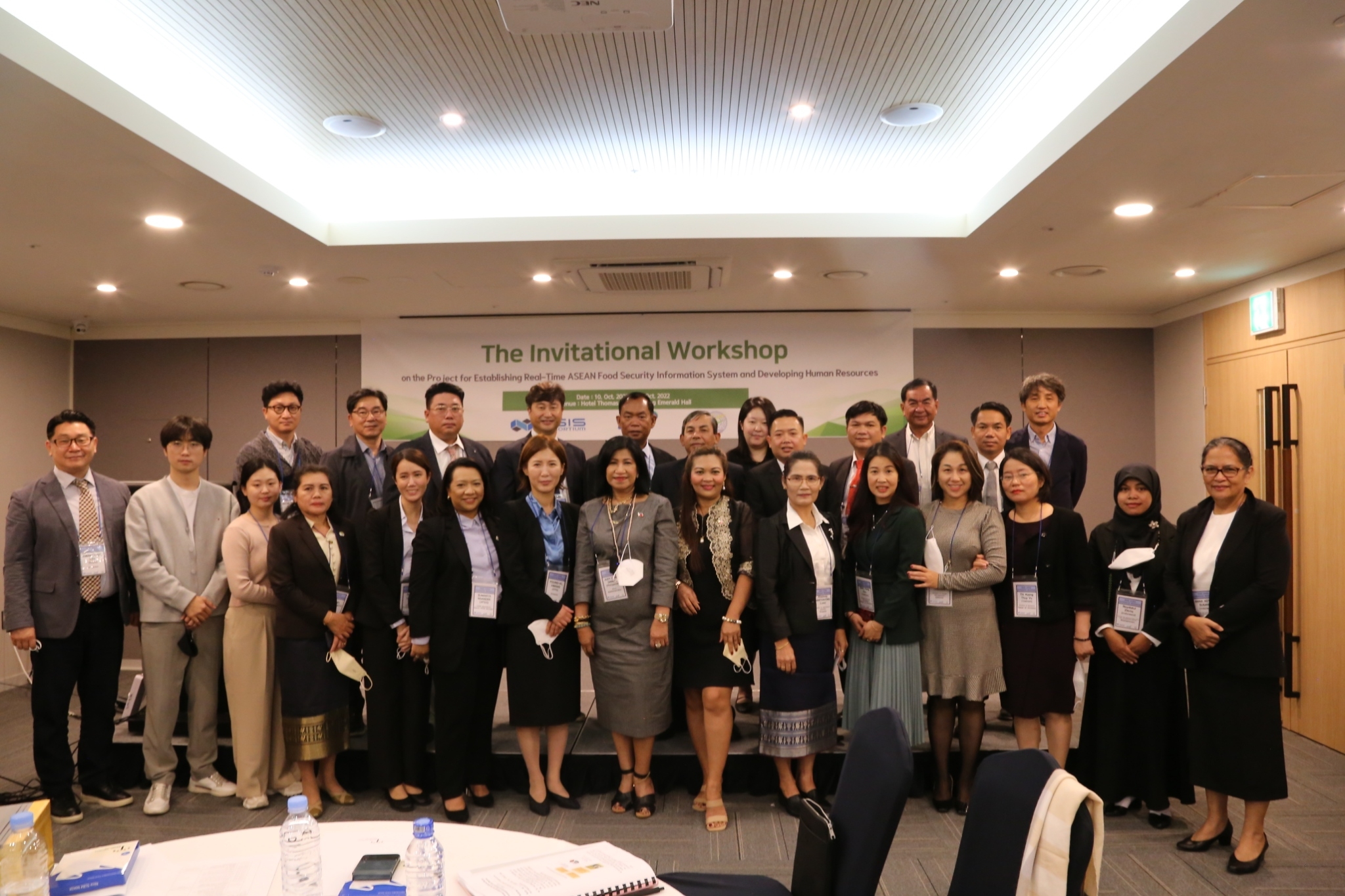
The Invitational Workshop on the Project for Establishing Real-Time ASEAN Food Security Information System and Development Human Resources in Seoul, Republic of Korea
The Invitational Workshop on the Project for Establishing Real-Time ASEAN Food Security Information System (AFSIS) and Development Human Resources, hosted by the Korea Agency of Education, Promotion and Information Service in Food, Agriculture, Forestry and Fisheries (EPIS) with the collaboration of the AFSIS Secretariat, was held in Seoul, the Republic of Korea, during 10-14 October 2022.
On this occasion, Dr. Young-ki Hwang, the Director of EPIS and chairman of the workshop, delivered the opening remarks and Dr. Waraporn Saelee, AFSIS Manager who attended the workshop virtually delivered the welcome remarks to all participants. The workshop was attended by representatives from 5 target ASEAN member countries, namely Cambodia, Indonesia, Lao PDR, Philippines, and Vietnam, as well as the AFSIS Secretariat.
The main purposes of the workshop were to report results and future plans of each country’s National Agri-Food Information System (NAIS), conduct a Focus Group Discussion (FGD) to review the Real-Time AFSIS Projects’ accomplishments and discuss ways to further improvement, and share experiences in the utilization of spatial data and a forecasting model in the field of Food Security Information System.
In addition, the workshop provided all participants with the great opportunity to visit 3 following sites:
During the presentation session, Dr. Sumanya Ngandee, Deputy AFSIS Manager, gave the participants a presentation on the AFSIS project, current achievements, and future expectations of the 3rd phase of the Real-Time AFSIS project. In this regard, AFSIS will keep on continuing to support and collaborate with the relevant organizations for the development of human resources in the ASEAN region as well as the enhancement of the ASEAN Food Security Information System.
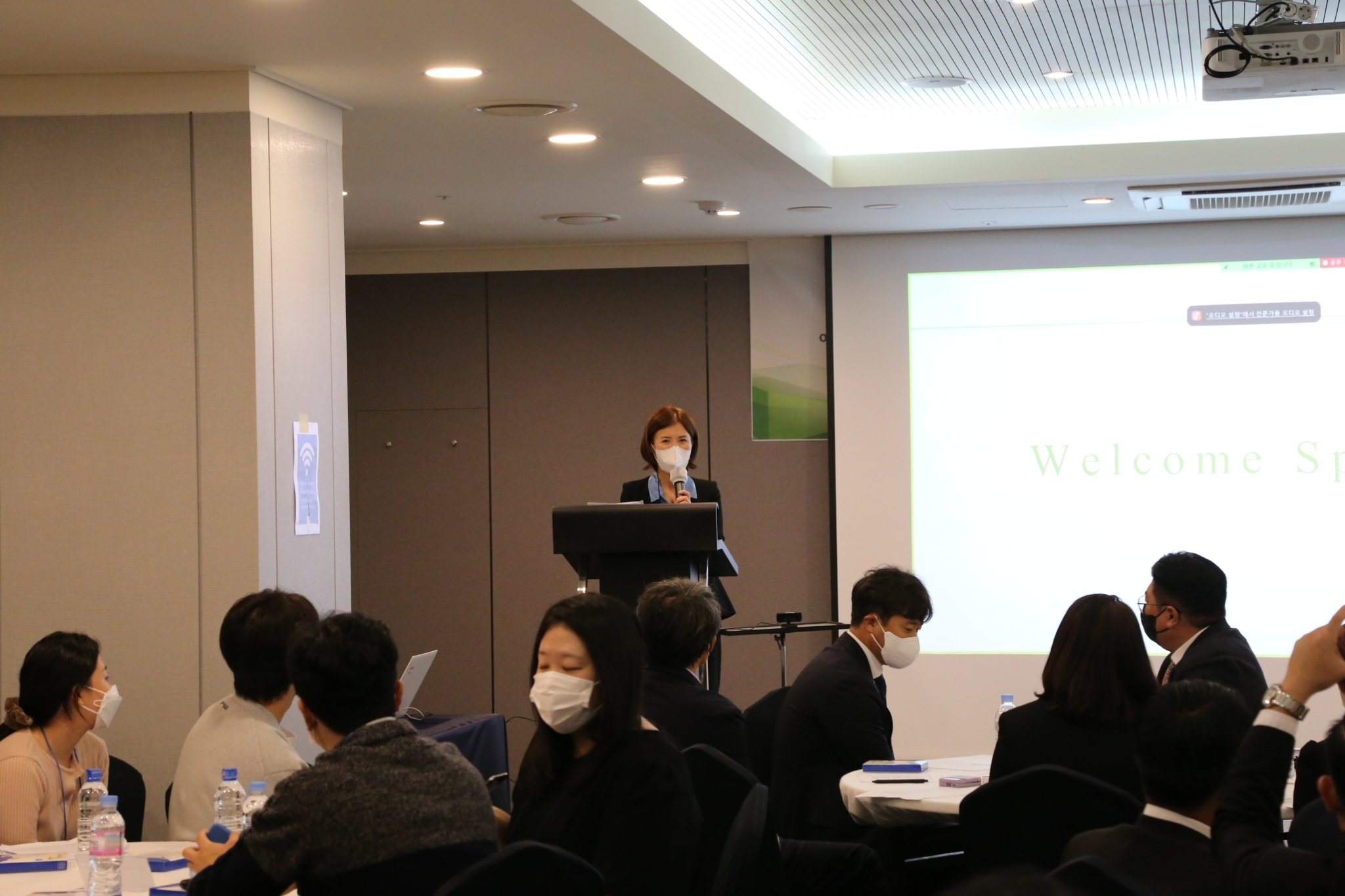
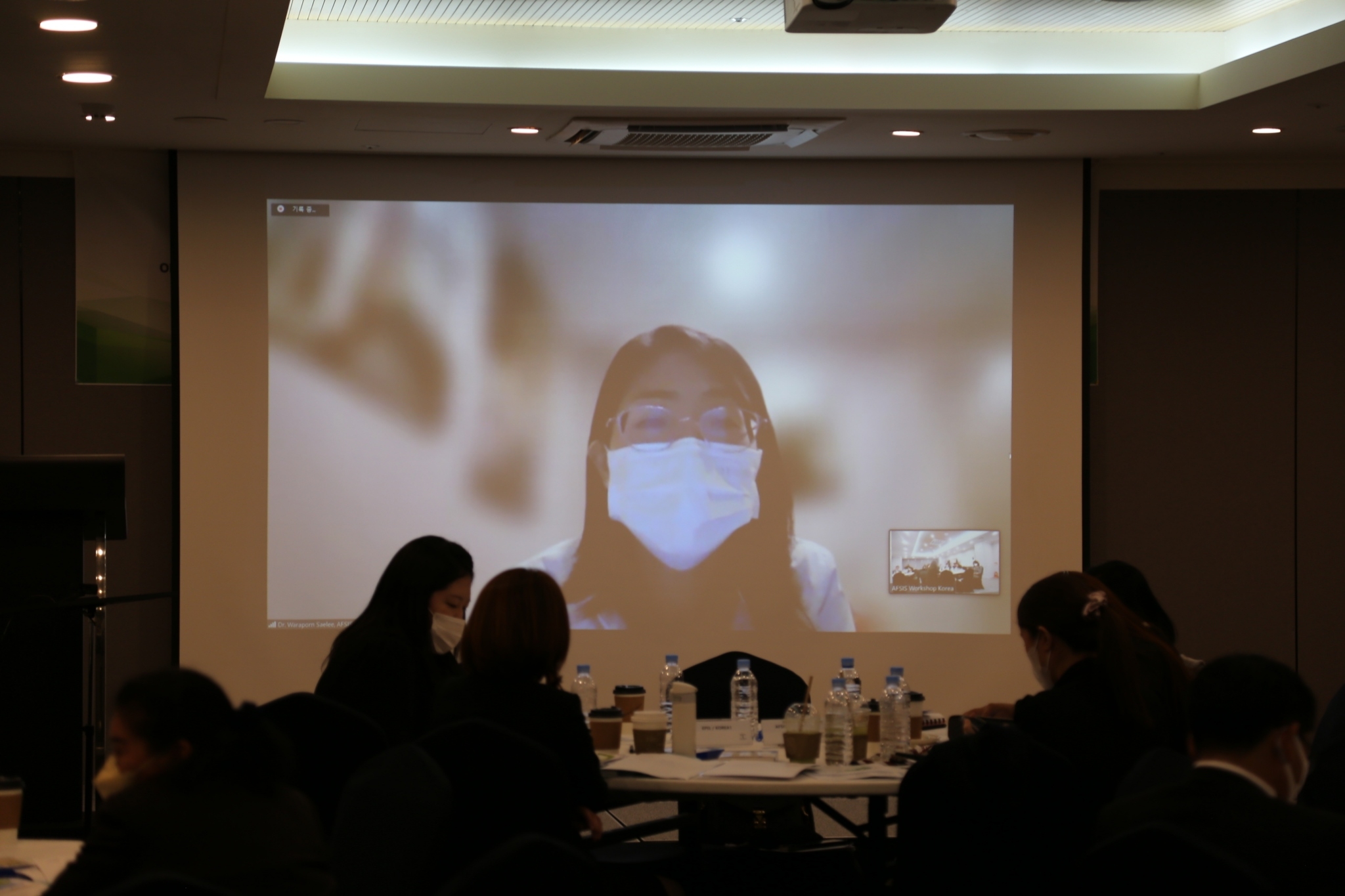
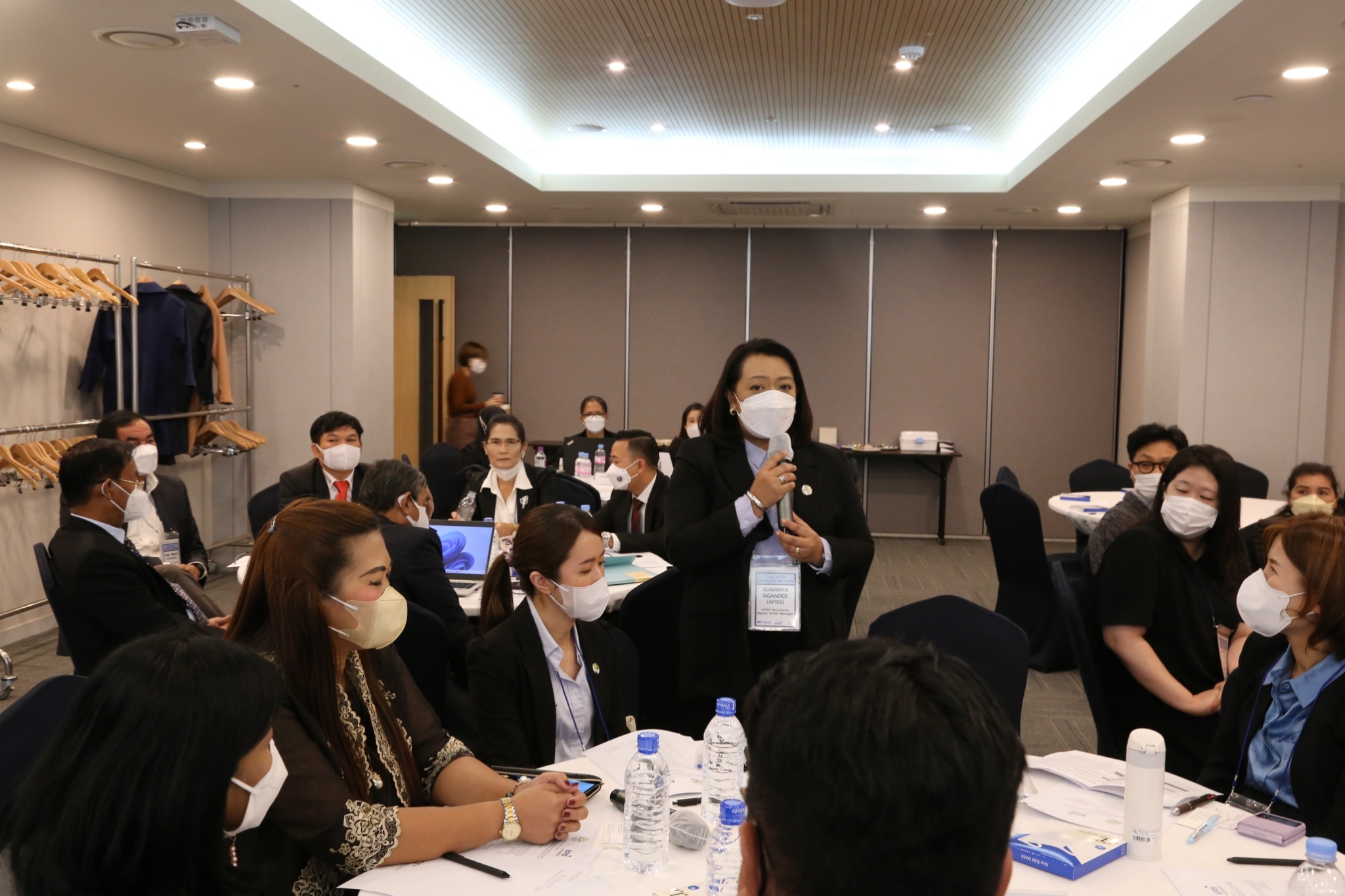
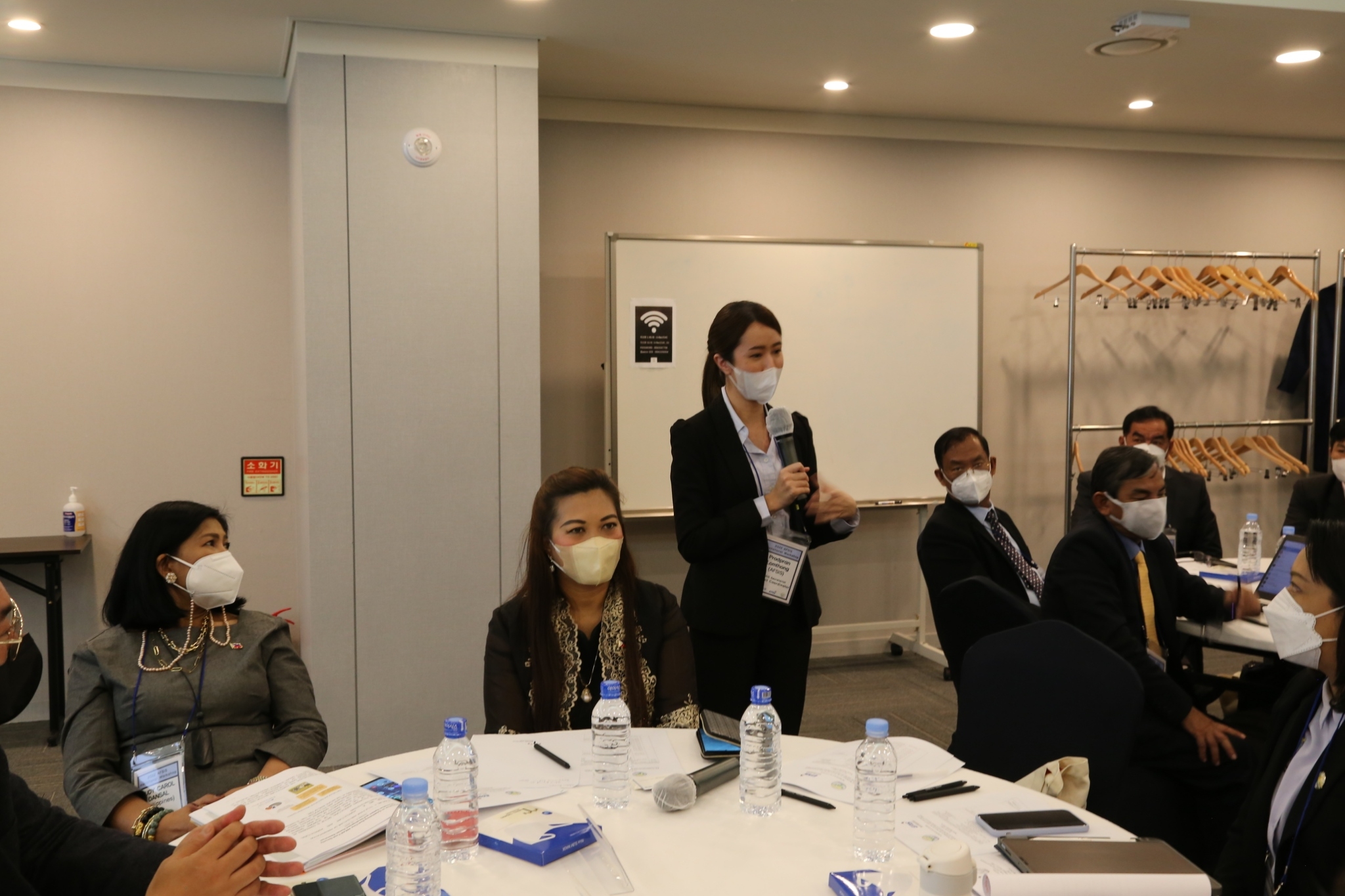
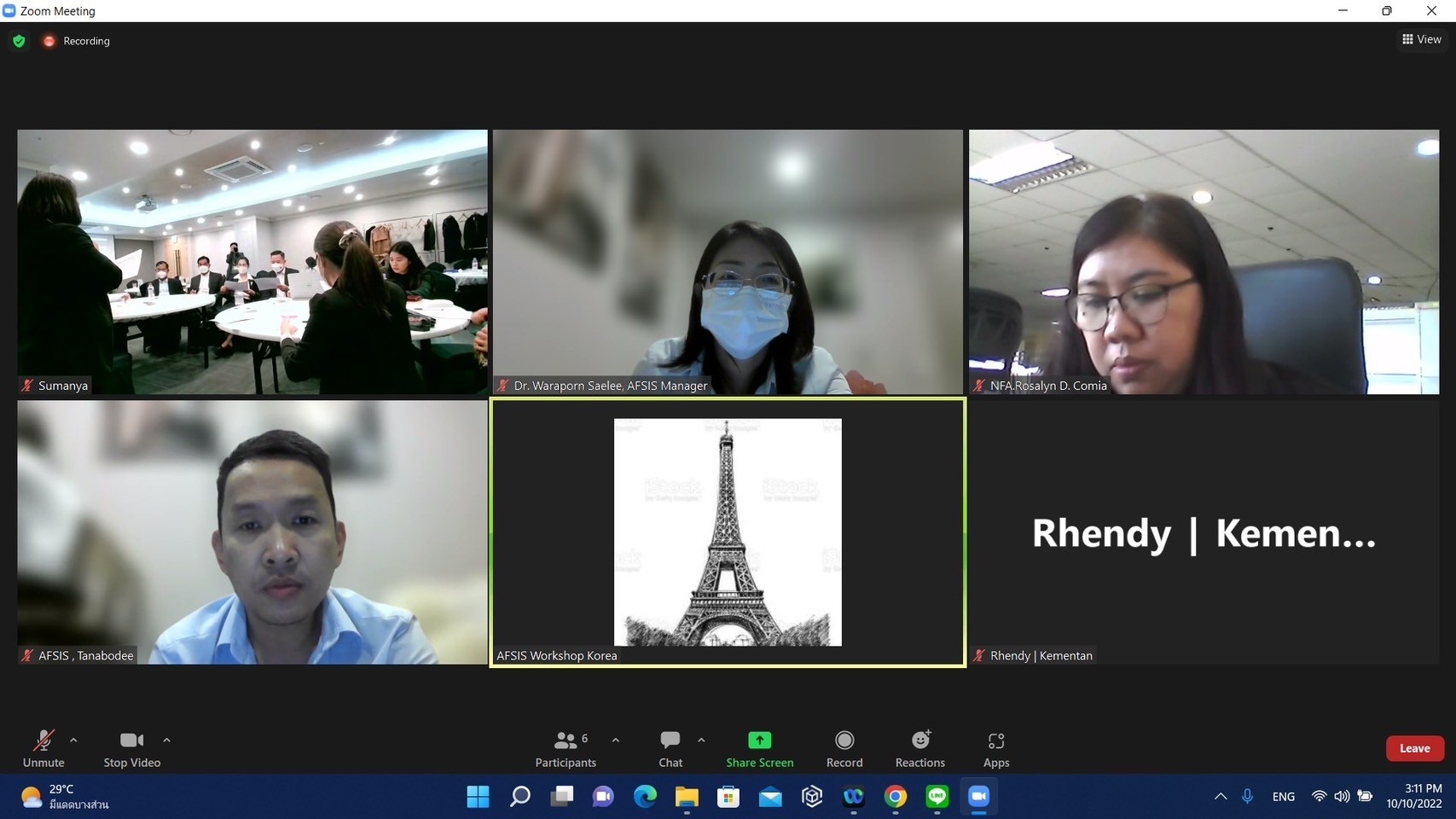
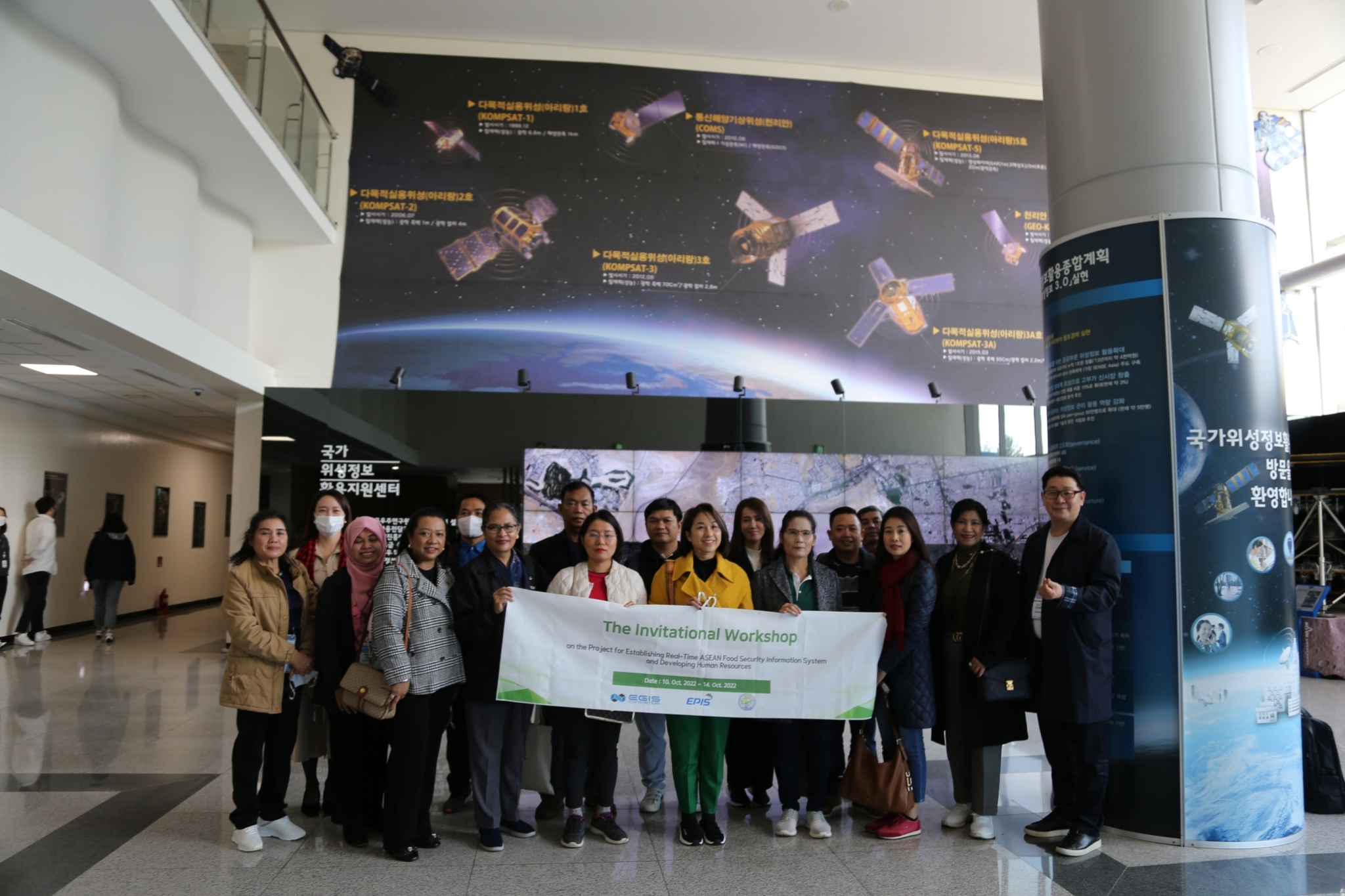
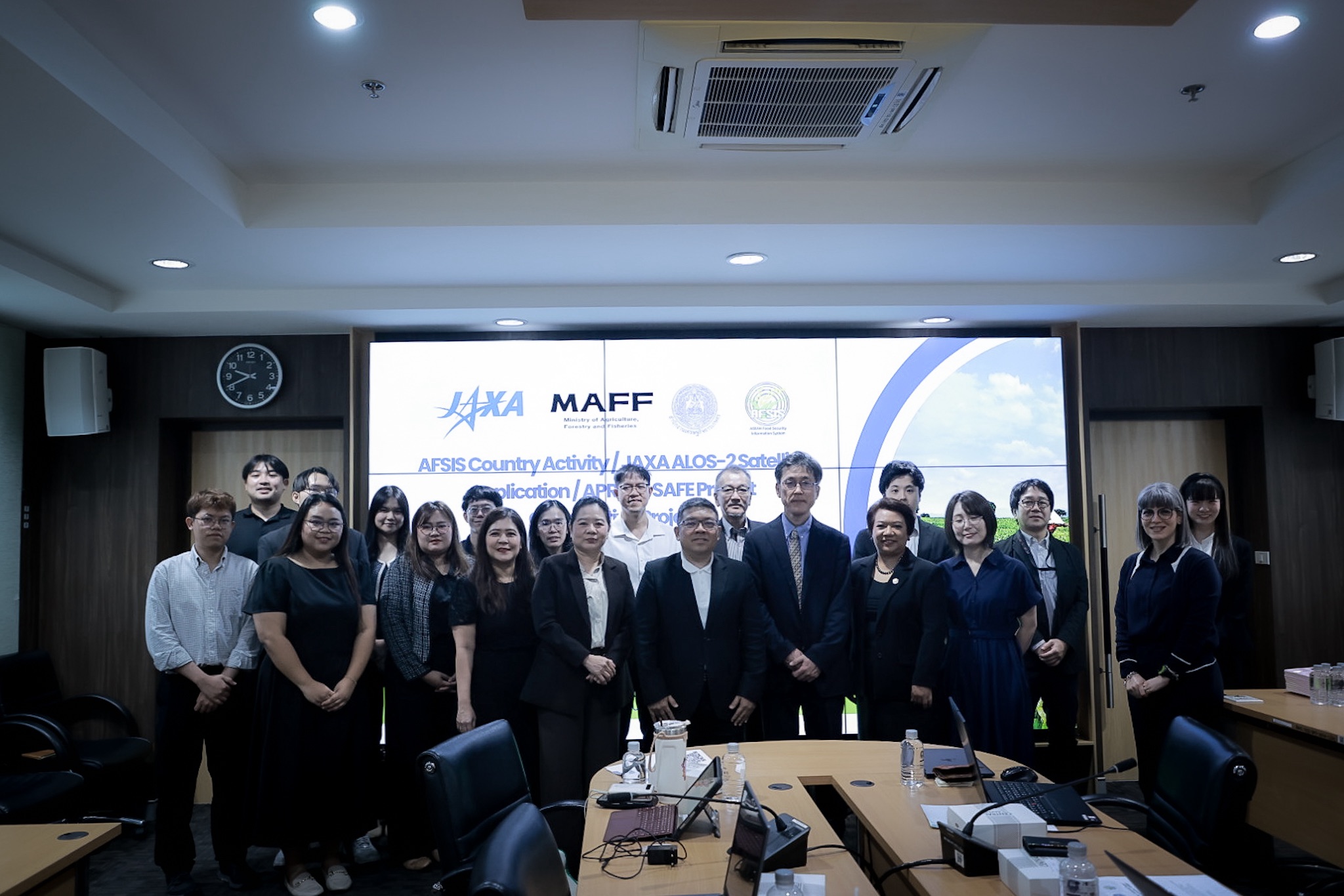
On 12-13 February 2026, the AFSIS Secretariat, in collaboration with the Japan Aerospace Exploration Agency (JAXA), the Remote Sensing Technology Center of Japan (RESTEC), Ministry of Agriculture, Forestry and Fisheries (MAFF) Japan and the Office of Agricultural Economics (OAE), Ministry of Agriculture Cooperatives (MOAC), conducted a workshop conducted a workshop The Promoting Rice Planted Area and Production Estimation Using INAHOR and Space-based Technologies in Thailand at the Meeting Room 2, Innovation Building, 3rd FL, Office of Agricultural Economics (OAE)
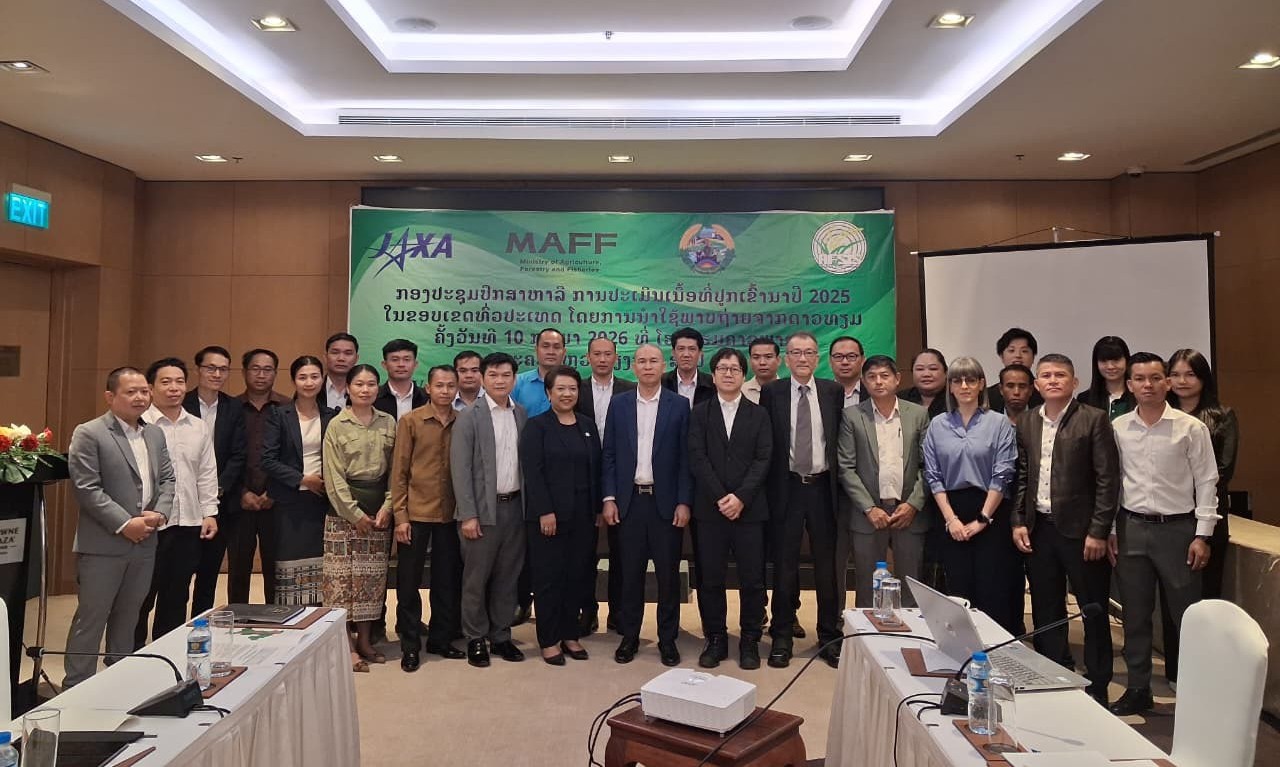
The In-Country Workshop on Promoting Rice Planted Area and Production Estimation Using Space-based Technologies in Lao PDR was jointly organized by AFSIS Secretariat, JAXA, MAFF Japan, and MAE Lao PDR under the AFSIS-GIS and SAFE projects. The event was held in Vientiane with hands-on training on 9 February 2026 and a workshop on 10 February 2026.
.jpg)
On 13–15 January 2026, the Office of Agricultural Economics (OAE), Thailand, in collaboration with the Ministry of Agriculture, Forestry and Fisheries (MAFF), Japan, and the AFSIS Secretariat, conducted the 1st Meeting of Japan–Thailand Expert Dialogue on Agricultural Statistics. The meeting was held at the Office of Agricultural Economics and field survey activities in Chonburi Province.

On 3–4 December 2025, the ASEAN Food Security Information System (AFSIS) Secretariat participated in the ASEAN Plus Three Emergency Rice Reserve (APTERR) Table Top Exercise (TTX) held in Bandar Seri Begawan, Brunei Darussalam.